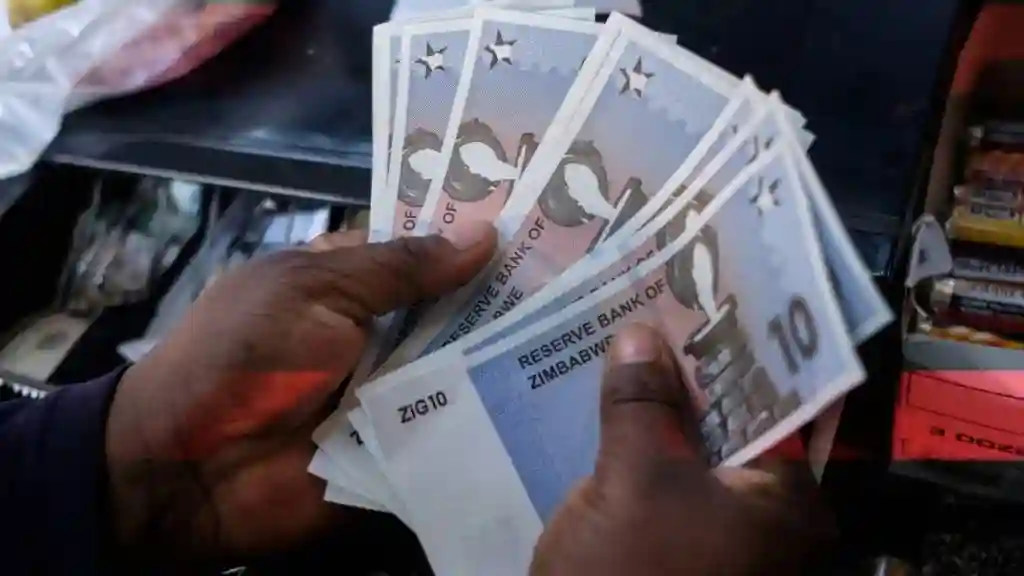The Government says a phased de-dollarisation programme is underway, emphasizing that the re-introduction of a domestic currency is crucial for economic recovery.
De-dollarization refers to the process of reducing the reliance on the US dollar and other foreign currencies within an economy and transitioning towards increased use of the local or national currency.
This often involves a combination of policy measures, market-based incentives, and public awareness campaigns.
Presenting the 2024 Mid-Term Budget Review in Harare, Finance, Economic Development and Investment Promotion Minister Mthuli Ncube declared that the de-dollarization process is “well underway” and aimed at creating a “mono-currency regime” backed by a stable local currency. Said Ncube (via Business Weekly):
The phased de-dollarisation programme is well underway and seeks to re-establish a mono-currency regime, backed by a domestic currency that can spur domestic production and boost exports by making local products more competitive in international markets.
Sustaining the stability in the medium-to-long term will require consistency in the implementation of policy reforms, effective management of liquidity injections into the market, as well as, foreign currency generation and supply to the economy.
Furthermore, confidence-building measures will be instituted and clearly communicated to the market, in order to upscale trust, acceptance and use of the domestic currency.
Ncube said the government will adopt a pragmatic and market-oriented approach to de-dollarisation, aimed at mitigating negative perceptions and adverse expectations that have undermined policy effectiveness in the past.
Regarding the domestic currency, Ncube stated that an optimum quantity of ZiG notes and coins will be maintained at all times.
This balance, he explained, is crucial to provide transactional convenience while preserving the store-of-value properties of the local currency.
Beyond the focus on currency stabilisation, Ncube outlined a broader macroeconomic strategy that includes restructuring the national debt, tightening monetary policy, and boosting domestic revenue collection. He said:
Restructuring the national debt to reduce servicing costs and alignment to Budget capacity; Effectively managing liquidity injections into the market through the Liquidity Management Committee; Following up on measures to strengthen the demand and use of domestic currency by Government, the corporate world and the general public; Progressively switching the foreign and local currency mix in the economy, as part of the de-dollarisation strategy…
Fiscal consolidation measures, including domestic revenue mobilisation and asset disposal to ensure sustainable fiscal deficit financing and avoidance of the inflationary and self-defeating recourse to the central bank overdraft facility will be employed.
The success of Zimbabwe’s de-dollarisation programme will ultimately hinge on the government’s ability to implement consistent policies, restore public confidence, and address the underlying economic challenges, according to economists.
More: Pindula News

